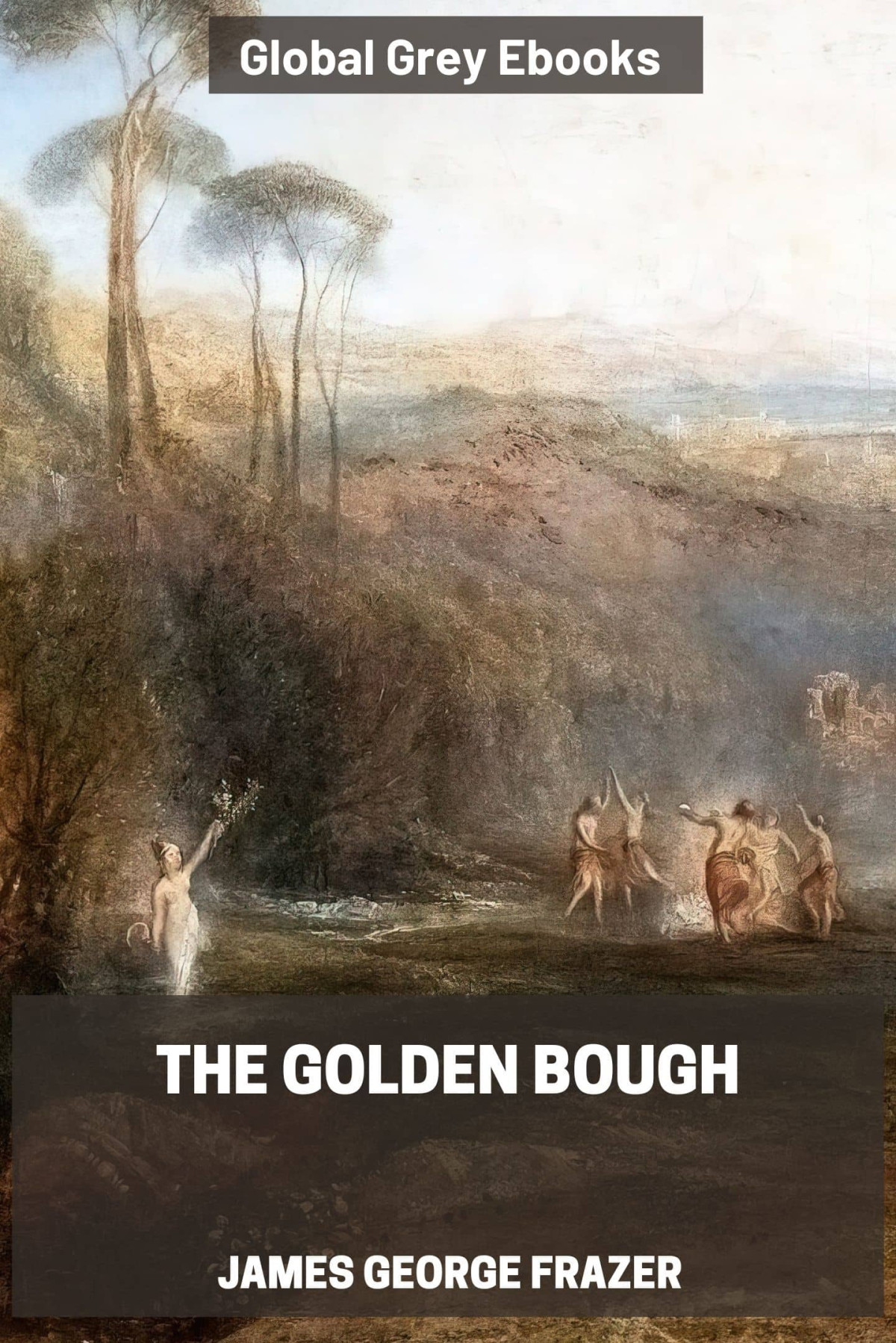

Most ebook files are in PDF format, so you can easily read them using various software such as Foxit Reader or directly on the Google Chrome browser.
Some ebook files are released by publishers in other formats such as .awz, .mobi, .epub, .fb2, etc. You may need to install specific software to read these formats on mobile/PC, such as Calibre.
Please read the tutorial at this link: https://ebookbell.com/faq
We offer FREE conversion to the popular formats you request; however, this may take some time. Therefore, right after payment, please email us, and we will try to provide the service as quickly as possible.
For some exceptional file formats or broken links (if any), please refrain from opening any disputes. Instead, email us first, and we will try to assist within a maximum of 6 hours.
EbookBell Team

4.0
66 reviewsThe Golden Bough is a seminal work in the field of anthropology, written by Scottish anthropologist Sir James George Frazer. Originally published in two volumes in 1890, it grew over time to encompass twelve volumes, with the final edition published in 1915. The book explores the evolution of religion and myth across different cultures and civilizations. Frazer's central thesis revolves around the concept of the 'dying god' or the 'vegetation myth,' which suggests that many ancient cultures believed in a divine figure who undergoes a cycle of death and rebirth, often tied to the agricultural seasons. Frazer's methodology involved comparative analysis of myths, rituals, and religious practices from diverse cultures around the world. He drew upon a wide range of sources, including classical mythology, folklore, and ethnographic studies, to support his arguments. One of the most famous sections of The Golden Bough is the discussion of the ritual of the king's sacralization, where a king or priestly figure is ritually sacrificed once his reign loses its vitality, to ensure the fertility and renewal of the land. This theme of sacrifice and renewal is a recurring motif throughout the book. Frazer titled his work after an episode in Virgil's epic poem 'The Aeneid.' In Book VI the hero Aeneas travels to the underworld guided by the Sibyl of Cumae. In order to gain entry to the realm of the dead and speak with his deceased father, Aeneas is instructed to pluck a golden bough from a sacred tree as a gift to Proserpina, the queen of the underworld. This golden bough serves as a key or token that allows Aeneas to gain access to the underworld. It symbolizes both the connection between the world of the living and the world of the dead, as well as the power of ritual and symbolism in mediating this connection. Frazer chose the title The Golden Bough for his work because he saw parallels between the episode in The Aeneid and the themes he was exploring in his study of religion and myth. Just as the golden bough serves as a means for Aeneas to navigate the realm of the dead, Frazer's book aims to guide the reader through the complexities of human belief systems and rituals, shedding light on the deeper meanings behind religious practices and mythological narratives.
Part of the Encyclopaedia Britannica’s Great Books of the Western World set.
This book has 1,264,455 words, and was originally published in 1890. This is the unabridged third edition, first published in 12 Volumes, 1906-1915.
Production notes: This ebook of The Golden Bough: A Study in Magic and Religion was published by Global Grey in 2019, and updated on the 11th April 2024. The artwork used for the cover is 'The Golden Bough' by J. M. W. Turner. All footnotes, the vast majority of which are purely bibliographical have been omitted. The 12th Volume has also been left out, as it was comprised of just the bibliography and the indexes.